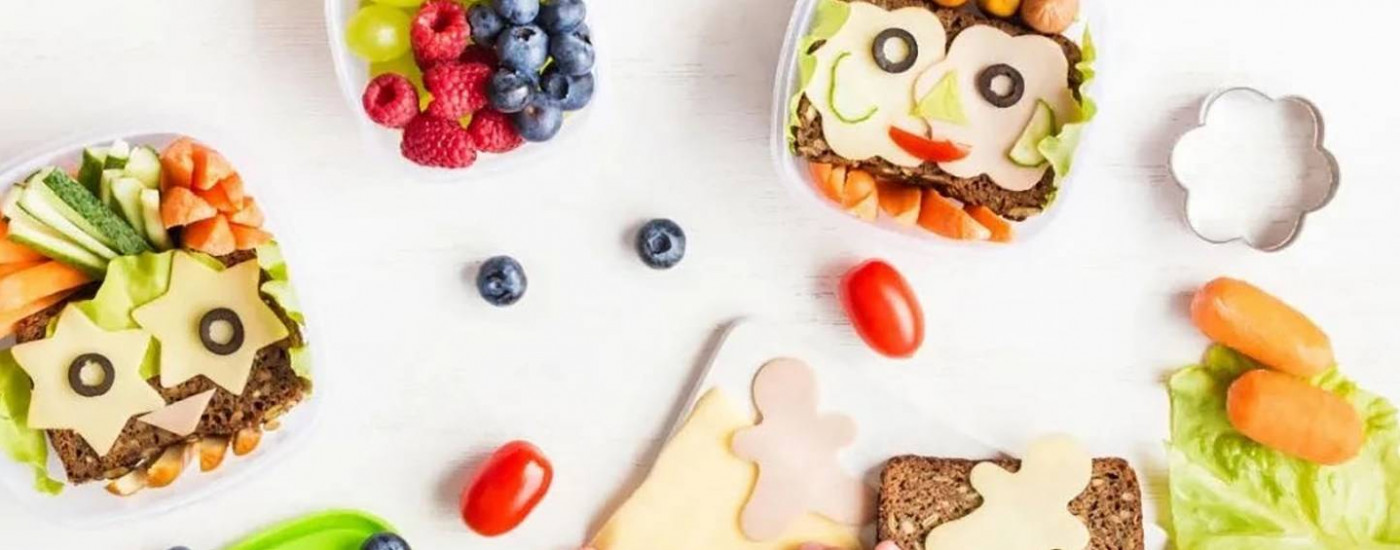Wondering What to Prepare for a Snack?

We are what we eat. Our children’s eating habits can have a significant effect on their learning at school. Multiple studies show that there is a strong connection between a healthy diet and academic achievement. For example, one US study found that compared to students with lower grades, students with higher grades are more likely to:
-
Eat a healthy breakfast every day
-
Eat fruit one or more times a day
-
Eat vegetables one or more times a day
-
Drink one or more glasses of milk a day
-
Avoid cans of soda and other sugary drinks
So what do parents need to know in order to make the right choices for their children?
1. Give your child a balanced diet that includes plenty of fruit and vegetables
Vitamins and minerals help boost our immune system and keep us healthy. As we enter flu season this is more important than ever. Healthy students have better attendance records and this has a positive impact on their learning over time. They are also more likely to be active and focused in class.
2. Choose foods that boost your children’s brain and memory
The food our children eat plays an important role in keeping their brains healthy. It can even improve their memory and concentration.
Fatty fish such as salmon, mackerel, and bluefin tuna are a great source of omega-3. The brain uses omega 3 to build the brain and nerve cells that are essential for learning and memory.
Blueberries are bursting with antioxidants that help improve communication between brain cells and help improve memory.
Broccoli contains antioxidants as well as being a great source of vitamin K, which is important for maintaining a healthy brain.
Pumpkin seeds contain antioxidants as well as being a great source of zinc, magnesium, copper, and iron, which are also important for maintaining a healthy brain.
Oranges are full of vitamin C which helps prevent mental decline. Other great sources of vitamin C include strawberries, kiwi fruit, tomatoes, and bell peppers.
3. Avoid or reduce the following foods. Our teachers do see a negative impact in the classroom, especially when a student eats...
-
Cans of soda and other sugary drinks, such as sports drinks, energy drinks, and fruit juice
-
Refined carbs, such as sugar and white flour
-
Foods high in trans fats, such as snack foods and prepackaged cakes and cookies
-
Highly processed foods, such as chips, candy, instant noodles, and ready meals
In the long term, these foods can impair brain function.
Looking for a tasty treat that also boosts your child’s brain?
In addition to being delicious, dark chocolate and cocoa are good sources of antioxidants and flavonoids. Researchers say that may even enhance memory and slow down age-related mental decline.
This article was originally published on the official WeChat account of Epermarket, an online shopping service with a long history of working with Dulwich College Shanghai Puxi on providing healthy food options for our community. To learn more about Epermarket click here.





